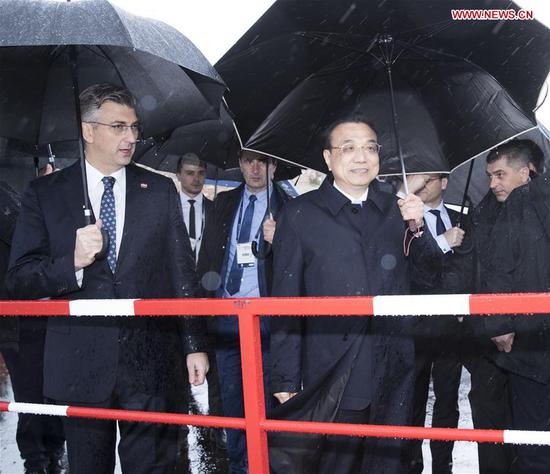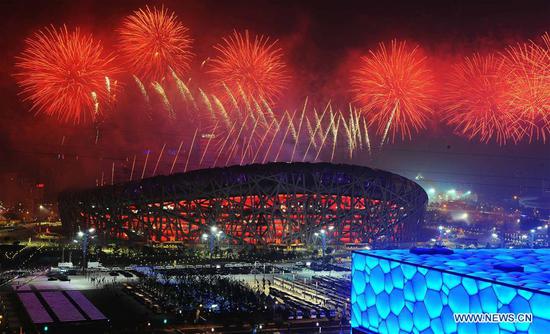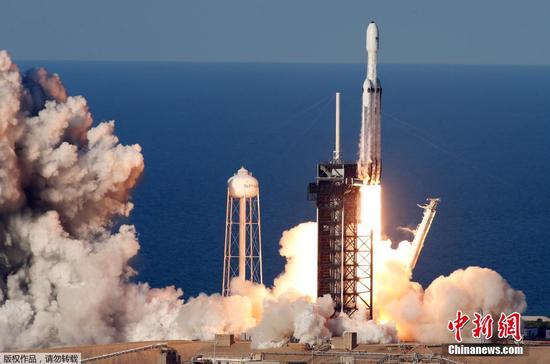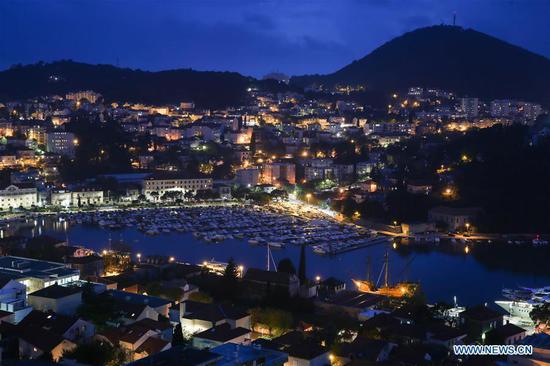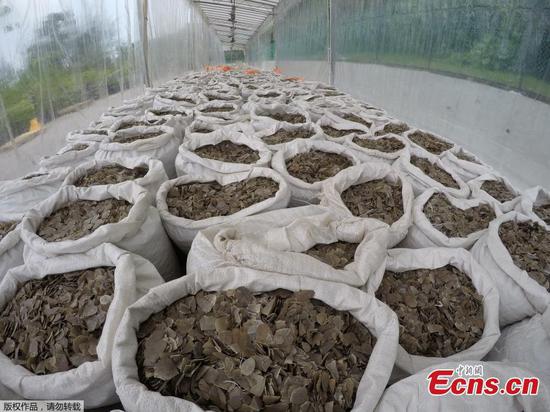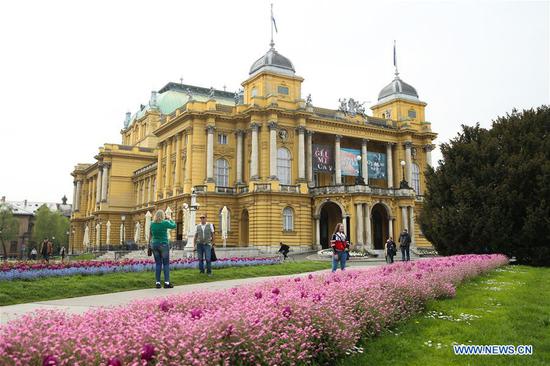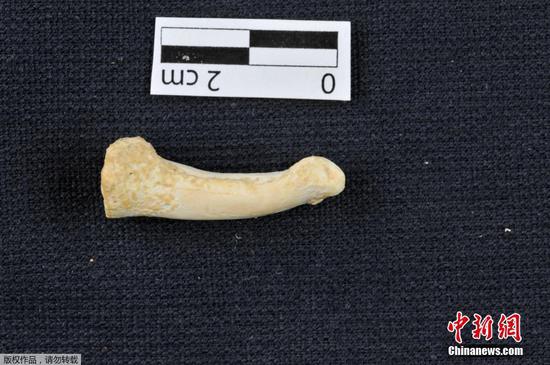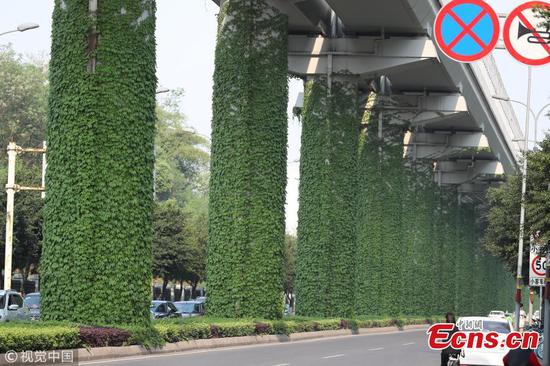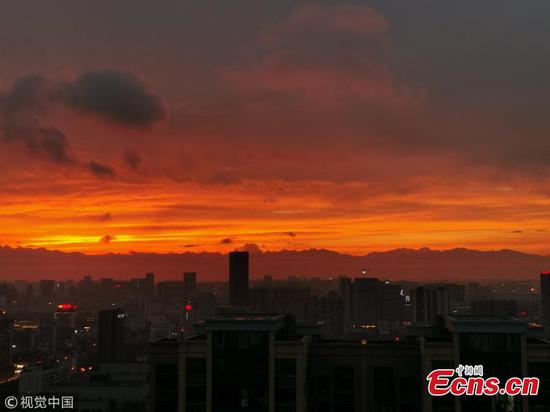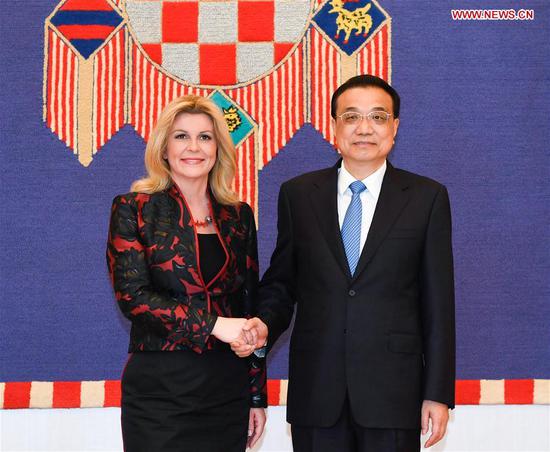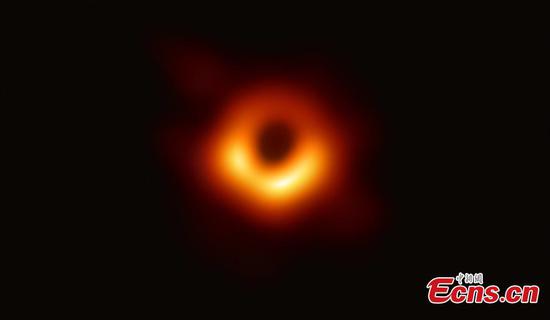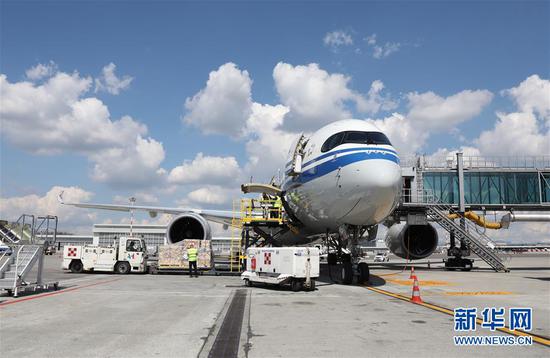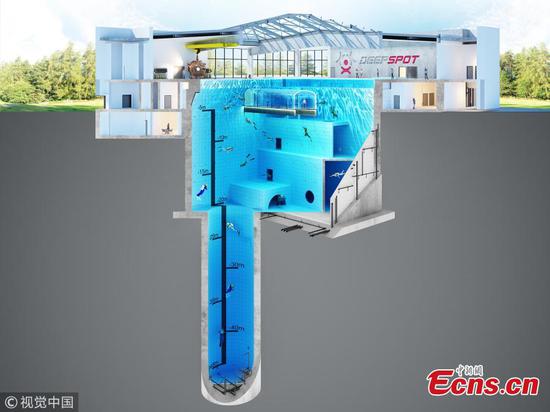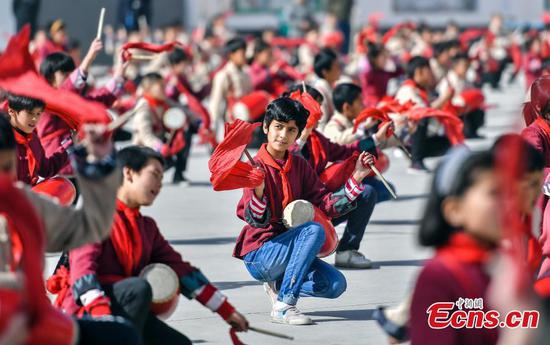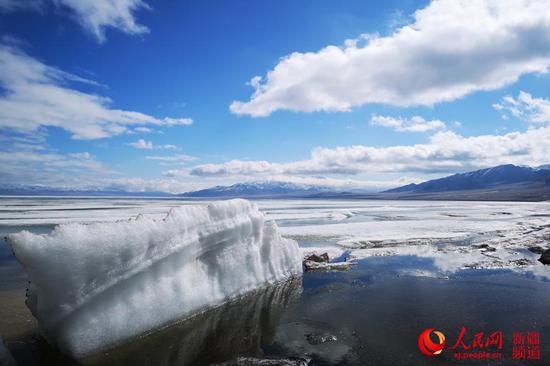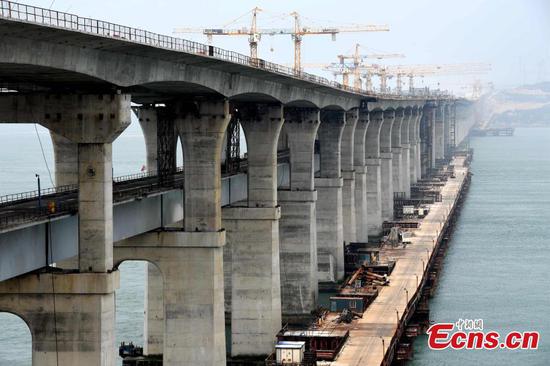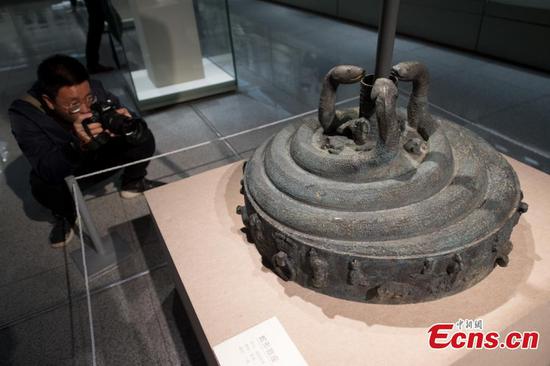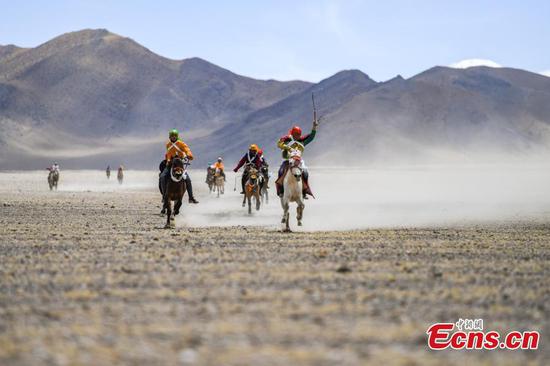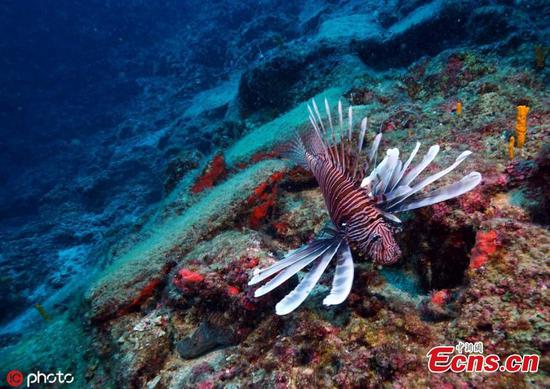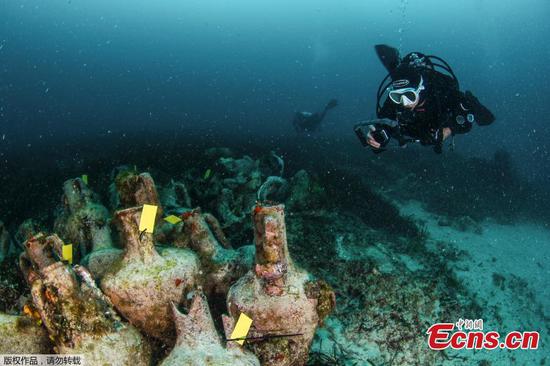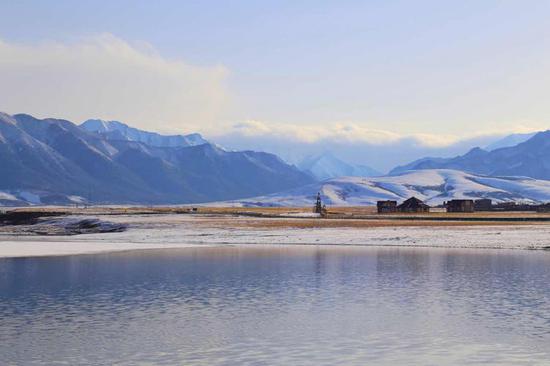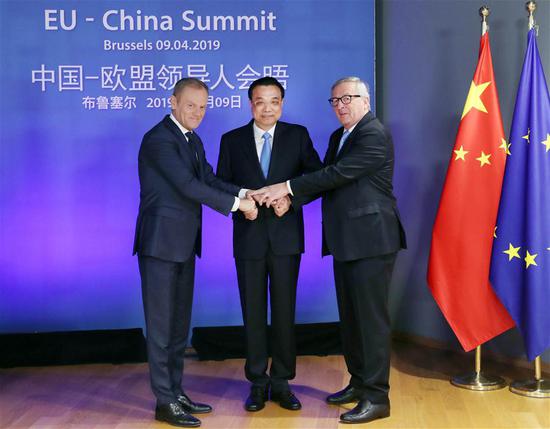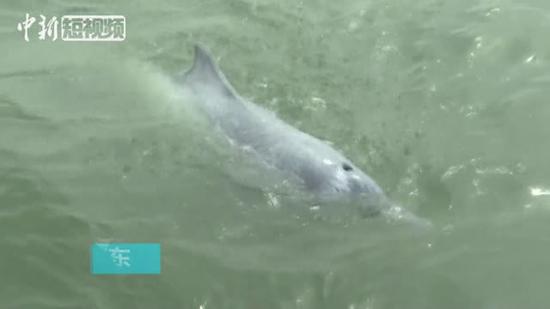WikiLeaks co-founder Julian Assange appeared in a London courtroom on Thursday to fight a United States extradition request and answer to a charge of breaching UK bail conditions.
His dramatic court appearance followed his arrest at the Ecuadorian embassy in the UK capital, where he had spent almost seven years beyond the reach of the authorities after being granted asylum.
Judge Michael Snow found him guilty of breaching earlier bail conditions and remanded him in custody until May 2 for sentencing, for which he could face up to 12 months in prison.
The court also told the United States to produce relevant documents before June 12 in connection to its request for Assange's extradition on charges related to alleged computer hacking.
Assange's lawyer complained after his arrest that he had not had a chance to properly defend himself before his asylum status was revoked.
The Metropolitan Police Service said in a statement that Assange was arrested on an outstanding warrant that Westminster Magistrates' Court had issued on June 29, 2012, after he had failed to surrender to the court.
Assange was initially taken to a central London police station and held there before he was presented to Westminster Magistrates' Court where he pleaded not guilty to the charge of skipping bail.
The US justice department subsequently confirmed it had issued an extradition request and said he faces up to five years in jail if convicted of the hacking offense.
The Met Police said they were "invited into the embassy by the ambassador, following the Ecuadorian government's withdrawal of asylum".
123Next >>|
Lenin Moreno, Ecuador's president, said the nation withdrew Assange's asylum after alleged repeated violations of international conventions and daily-life protocols.
"I announce that the discourteous and aggressive behavior of Mr Julian Assange, the hostile and threatening declaration of its allied organization, against Ecuador, and especially the transgression of international treaties, have led the situation to a point where the asylum of Mr Assange is unsustainable and no longer viable," Moreno said.
But WikiLeaks said: "Ecuador has illegally terminated Assange political asylum in violation of international law."
Video footage showed Assange being carried out of the Ecuadorian embassy and put into a waiting police van, just after 10 am UK time.
During his time in the embassy, the authorities in Sweden had sought to talk to him about allegations of sexual assault and alleged rape. While those cases were subsequently dropped, the 47-year-old did not leave the embassy, claiming he feared being extradited to the US over his alleged role in publishing secret US documents on WikiLeaks.
US whistleblower Edward Snowdon, who leaked top-secret National Security Agency documents, described Assange's arrest as a "dark moment for press freedom".
He tweeted: "Images of Ecuador's ambassador inviting the UK's secret police into the embassy to drag a publisher of, like it or not, award-winning journalism, out of the building are going to end up in the history books. Assange's critics may cheer, but this is a dark moment for press freedom."
Sajid Javid, the UK's home secretary, said after the arrest: "I can confirm Julian Assange is now in police custody and rightly facing justice in the UK. I would like to thank Ecuador for its cooperation, the Metropolitan police for its professionalism. No one is above the law."
Alan Duncan, the UK's junior foreign minister, said the arrest followed "extensive dialogue between our two countries" and "it is absolutely right that Assange will face justice in the proper way in the UK. It is for the courts to decide what happens next".
Assange's arrest came a day after WikiLeaks said it had uncovered an extensive spying operation against Assange at the Ecuadorian embassy.
|<>|
|<










